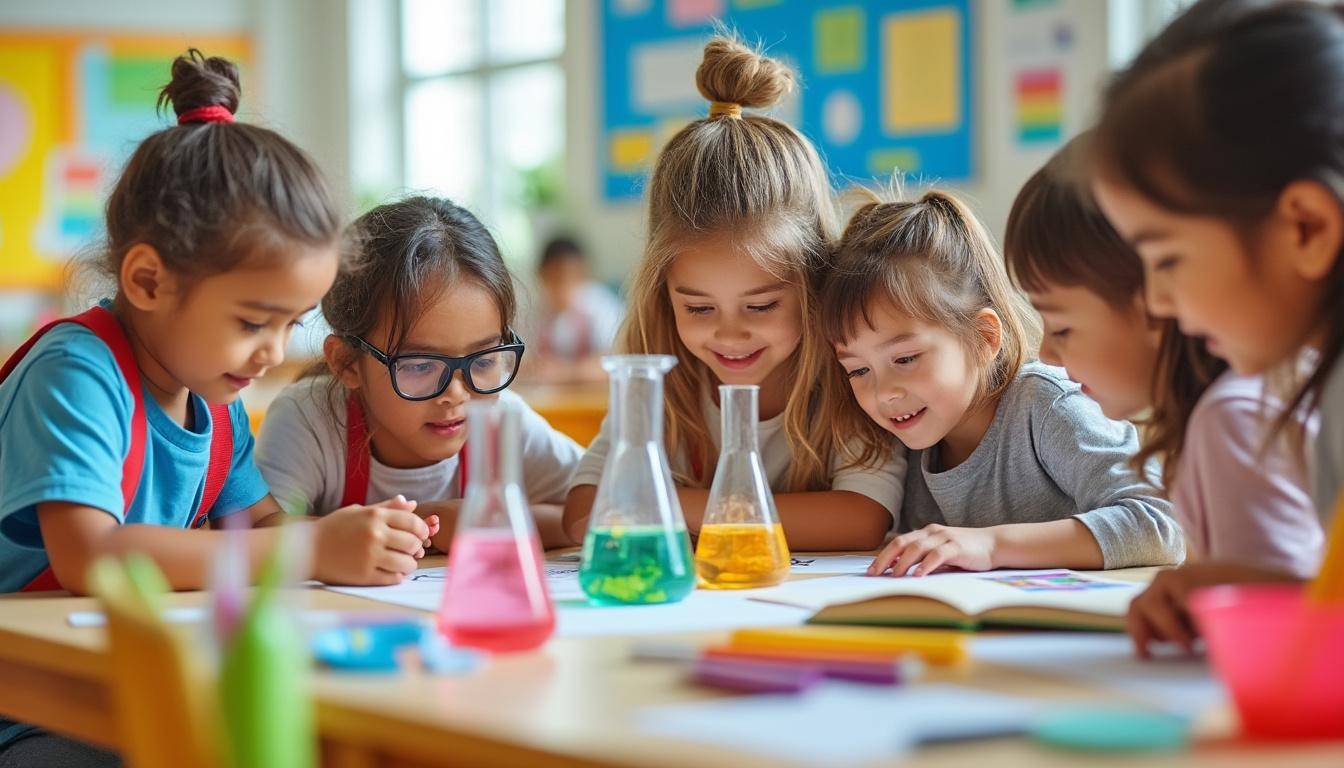In the evolving landscape of early childhood education, laboratory schools have positioned themselves as essential hubs for innovative learning and development. These unique institutions blend research, practical application, and community engagement to provide young children with enriched educational experiences. Particularly in urban centers like Chicago, Lab schools associated with City Colleges offer evidence-based programs that nurture cognitive and social growth, integrating frameworks from Montessori, Reggio Emilia, and Playworks to create well-rounded pathways for every child.
How Lab Schools Enhance Early Childhood Education Through Research-Based Practices
Laboratory schools serve as experimental grounds where the most current educational theories and practices are tested and refined. They function not only as preschools but also as environments that support teacher training and professional development, bridging academic research with classroom realities.
- Integration of diverse pedagogical approaches — methods like Montessori, Reggio Emilia, and Playworks are woven into daily activities to foster creativity, independence, and collaboration among young learners.
- Hands-on learning environments — children engage actively with materials and peers, enhancing problem-solving and social skills.
- Collaboration with organizations — partnerships with entities like the National Association for the Education of Young Children (NAEYC) ensure alignment with high-quality standards and ongoing innovation.
- Inclusive programming — Head Start and Preschool for All initiatives provide access to vulnerable populations, promoting equity in early education.
These schools also offer opportunities to better understand diverse learning styles and cultural backgrounds, echoing strategies found in programs like Bright Horizons and Kindercare.
Addressing Early Childhood Development with Lab School Programs
Lab schools anchor their programs in child development science to tailor learning experiences that best meet the needs of ages 2 to 5. For example, the City Colleges of Chicago currently operate five Child Development Laboratory Schools, each located on a different campus. These schools provide a nurturing setting for children to explore and grow cognitively and socially.
- Focus on developmental milestones is emphasized through curriculum adaptations that evolve with ongoing research findings.
- Implementation of evidence-based practices ensures children receive quality education aligned with their unique needs.
- Children gain exposure to diverse peer groups, fostering social responsiveness and empathy.
Parents looking to enroll their children can explore options that incorporate comprehensive care and education, similar to programs at Little Sprouts and The Goddard School. Enrollment for the upcoming academic year begins August 21, 2025, with a limited number of spaces available and waitlists in place.
The Strategic Locations of Lab Schools Within City College Campuses and Their Impact
Embedding Lab schools within college campuses offers a mutually beneficial ecosystem for children, educators, and researchers. It creates proximity to higher education resources and facilitates ongoing feedback loops between research and practice.
- Richard J. Daley College hosts a Child Development Lab School focused on community engagement and innovation.
- Kennedy-King College offers a dynamic space where developmental theory meets application.
- Malcolm X College’s Lab School integrates multicultural education and promotes inclusivity.
- Olive-Harvey College emphasizes experiential learning linked to workforce development.
- Truman College provides leadership in early childhood pedagogy under the direction of Dexter Smith, fostering best practice dissemination.
This network of schools draws on the strength of established educational models such as AppleTree Learning and Kindercare to enhance their curriculum and community support systems.
Empowering Educators and Families Through Lab School Collaboration
Lab schools provide critical professional development opportunities by serving as real-world classrooms where educators refine instructional strategies informed by contemporary research. They play a role in community awareness and partnership building as well, connecting families with resources and workshops tailored to child development and learning.
- Teachers benefit from mentorship and training that incorporate insights from organizations like the National Association for the Education of Young Children (NAEYC).
- Parents gain knowledge and tools to actively support learning at home and understand milestones through engagement sessions.
- The community enjoys improved educational outcomes through shared programs and cultural initiatives like those highlighted in children’s theatre arts education efforts.
Engagement in these collaborative spaces advances the goal of equitable, high-quality education for all children—a core objective aligned with Illinois education legislation reforms.


